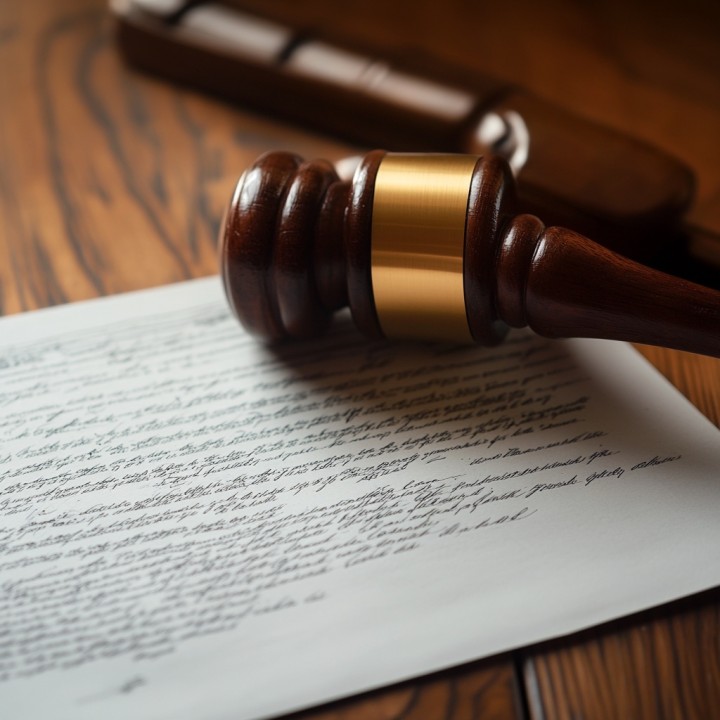Introduction
Bail is a cornerstone of the criminal justice system, offering defendants the opportunity to remain free while awaiting trial. However, the journey through the bail system can be complex, particularly when it comes to understanding the exoneration of bail. This article delves into the intricacies of bail exoneration, shedding light on its meaning, process, and implications for defendants and sureties.Understanding Bail
What is Bail?
Bail is a financial arrangement that allows a defendant to be released from custody while awaiting trial. It serves as a guarantee that the defendant will appear in court as required.Purpose of Bail
The primary purpose of bail is to ensure that the defendant appears in court while allowing them the freedom to continue their daily lives during the legal process. It balances the presumption of innocence with the need for judicial accountability.The Bail Process
Setting Bail
Bail is set by a judge based on various factors, including the severity of the offense, the defendant’s criminal history, and the likelihood of them fleeing before trial.Posting Bail
Once bail is set, it can be posted by the defendant, their family, or a bail bond company. This can be done through cash, collateral, or a bond.Types of Bail
Cash Bail
Cash bail requires the full amount to be paid in cash. If the defendant attends all court appearances, the money is refunded, minus any court fees.Surety Bail
Surety bail involves a bail bond company. The defendant or their family pays a percentage of the bail amount to the company, which then provides a bond guaranteeing the full amount.Property Bail
Property bail involves using real estate or other property as collateral. The property must be of equal or greater value than the bail amount.Exoneration of Bail
Definition of Exoneration of Bail
Exoneration of bail occurs when the court releases the bail obligation, typically after the defendant has complied with all court requirements and the case is concluded.Conditions for Exoneration
Bail is exonerated when:
- The defendant appears for all court dates.
- The legal proceedings are completed.
- Charges are dropped or the defendant is acquitted.






